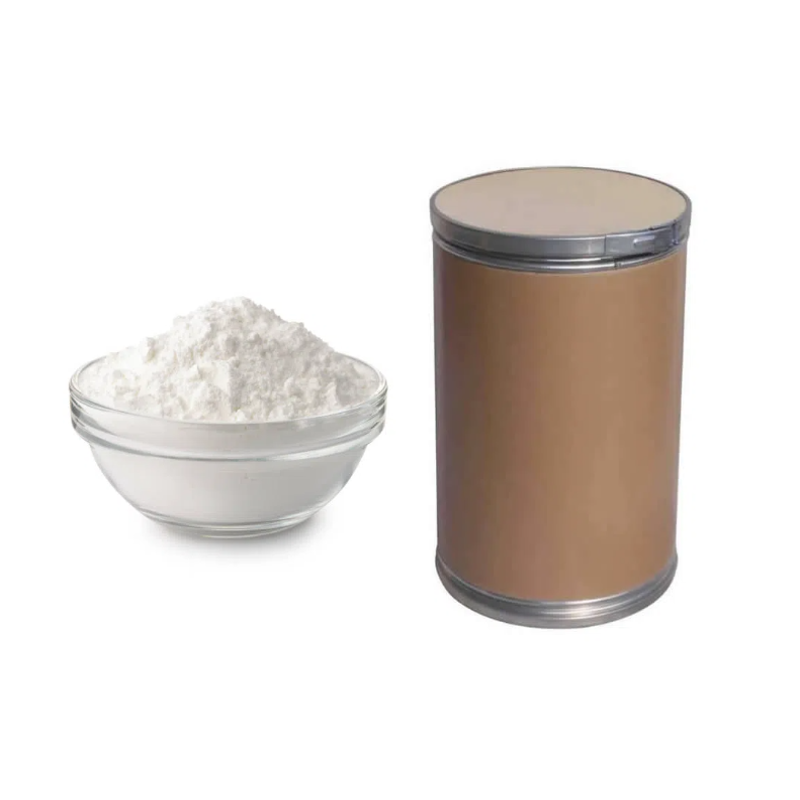-
After the tumor is removed, the patient regrets it?
Time of Update: 2022-01-10
Experts comment that the long-term effects of essential treatments are comprehensively considered based on the patient's own physical fitness, personal preference for life functions, and the patient's interpretation of the pros and cons of the treatment .
-
One article discusses: Lynch syndrome and the third-largest related tumor UTUC
Time of Update: 2022-01-10
A study systematically reviewed the incidence, diagnosis, clinicopathological features, and oncology results of LS/UTUC And the screening program and other related literature, and analyzed it, hoping to provide urologists with more detailed information about LS and UTUC .
-
Gao Fei/Li Zheng et al. Reveal the pathogenic genes of male azoospermia and repair them through CRISPR gene editing
Time of Update: 2022-01-09
The study revealed that MSH5 gene mutation is a potential cause of non-obstructive azoospermia (NOA), and confirmed in mouse models that CRISPR/Cas9 gene editing can repair the gene mutation and produce mature sperm .
-
How to predict the survival prognosis of urothelial cancer treatment?
Time of Update: 2022-01-09
Clinicopathological characteristics At the EAU conference in 2021, a study reported by Chinese scholars [10] aimed to analyze the germline mutation pattern of cancer susceptibility genes, and was included in the largest upper urinary tract urothelial carcinoma (UTUC) cohort to date.
-
The latest expert consensus: 7 clinical recommendations for testosterone management
Time of Update: 2022-01-09
After testosterone reaches the castrated level, reducing testosterone to a lower level (<20ng/dl) can be used as a reference standard for judging a better prognosis and adjusting treatment for prostate cancer patients.
-
The risk of prostate cancer in men with LFS is 25 times that of the general population!
Time of Update: 2022-01-02
Main findings The study on the incidence of prostate cancer in the LFS population finally included 163 men ≥18 years of age, gTP53 pathogenic mutations, or gTP53 positive carriers (Figure 1) .
-
Eur Urol (IF=20) Chen Zhiwen's team from Army Military Medical University has developed a new surgical method that significantly reduces the risk of postoperative urinary retention in female patients with bladder cancer.
Time of Update: 2022-01-02
From November 2017 to April 2021, 28 patients received ONB in the robot (robot radical cystectomy, pelvic lymphadenectomy and complete external round ligament suspension (rONB)) in a single center Followed up for at least 6 months .
-
2021 EAU Guidelines for Treatment of Metastatic Urothelial Carcinoma (Part 1): First-line Treatment
Time of Update: 2021-12-09
A phase II/III randomized clinical study compared two carboplatin-containing treatment options (methotrexate/carboplatin/vincristine [M-CAVI] vs gemcitabine/carboplatin [GemCarbo]) for unsuitable cisplatin The efficacy of platinum in patients with metastatic urothelial carcinoma .
-
Clinical management of patients with oligometastatic prostate cancer
Time of Update: 2021-12-09
Professor Ma Liang from the Run Run Run Run Shaw Hospital of Zhejiang University School of Medicine mainly reported on the use of enzalutamide in the first-line treatment of metastatic castration-resistant prostate cancer (mCRPC) Advantage .
-
Professor Zhuowei Liu: Perioperative treatment and research progress of muscular invasive bladder cancer
Time of Update: 2021-12-09
Neoadjuvant dual immune combination therapy A multi-center, single-arm phase II study included patients with high-risk myometrial invasive bladder cancer (cT2-T4a) who are not suitable for neoadjuvant chemotherapy containing cisplatin, aiming to evaluate duvalizumab + tremelimumab treatment Efficacy and safety of patients with cisplatin intolerance .
-
Changes in clinical treatment of prostate cancer by new endocrine therapy drugs
Time of Update: 2021-12-09
Special report (1): The platoon of the first-line new hormone therapy for mCRPC As the terminal stage of prostate cancer, the prognosis of metastatic castration-resistant prostate cancer (mCRPC) is poor, and only less than half of the patients can receive second-line and The above treatment, therefore, Professor Huang Hang of the First Affiliated Hospital of Wenzhou Medical University said that the treatment of mCRPC should pay more attention to the first-line treatment plan .
-
Urinary system infection symptoms, treatment and precautions
Time of Update: 2021-12-08
After one week of treatment, the symptoms disappeared completely, and the urine routine, renal function, and bladder ultrasound were all normal .
Frequent urination, urgency, and dysuria are the main symptoms of urinary tract infections, which are commonly referred to as urinary tract irritation symptoms in clinical practice .
-
Professor Shi Benkang's team revealed the new mechanism, and targeted + immunotherapy is expected to be used for bladder cancer!
Time of Update: 2021-12-08
Based on the needs faced by bladder cancer treatment, Professor Shi Benkang’s team revealed for the first time that FGFR3 targeted therapy combined with immune checkpoint inhibitors can significantly enhance the anti-tumor effect in the treatment of bladder cancer.
-
2021 EAU Guidelines (Part 2): Second-line and above treatment of metastatic urothelial carcinoma
Time of Update: 2021-12-08
A phase III randomized study of second-line immunotherapy showed that pembrolizumab versus chemotherapy (paclitaxel, docetaxel, vinflunine) can significantly improve the OS of patients with metastatic urothelial cancer, regardless of the level of PD-L1 expression.
-
Why does the prostate appear inflammation?
Time of Update: 2021-12-08
For example, type I and type II prostatitis are related to viral infection .
The pathogenesis of type III and type IV prostatitis is still unclear, and the etiology is more complicated .
-
Professor Li Yonghong: Tumor-reducing treatment of primary tumor of metastatic prostate cancer
Time of Update: 2021-12-08
Summary The treatment of primary tumor cytoreduction for metastatic prostate cancer may prolong survival and reduce local symptoms; published research data must be viewed objectively; patients who may benefit must be identified; the trauma that may be caused by surgery must be weighed; surgery and It is not the only option; it is recommended to adopt the method of clinical research and cautiously carry out radical prostatectomy .
-
Does the initial dose of enzalutamide affect the incidence of adverse events in CRPC patients?
Time of Update: 2021-12-08
Recently, a study published in the journal PLOS ONE discussed the relationship between the initial dose of enzalutamide and the incidence of AEs [2] .
-
In the era of personalized treatment, should I choose enzalutamide/abiraterone or chemotherapy?
Time of Update: 2021-12-07
Studies suggest that the increase in AR copy number response to taxane drugs may be dose-dependent, suggesting that regardless of the number of treatment lines, plasma AR levels may play a role in changing clinical treatment decisions such as AR targeted therapy or taxane.
-
Q&A: How to choose a salvage treatment plan after radical prostatectomy?
Time of Update: 2021-12-07
The 2021 edition of the NCCN guidelines pointed out that for patients with persistent or increased PSA after prostatectomy and no evidence of metastasis, it is recommended to consider salvage radiotherapy ± ADT .
-
Express delivery of 100% of patients achieved complete remission, and the Phase 2 clinical results of the oncolytic virus/PD-1 antibody combination are positive
Time of Update: 2021-12-07
▎The content team editor of WuXi AppTec recently, CG Oncology announced the preliminary results of phase 2 clinical trials of its oncolytic virus therapy CG0070, combined with the heavy anti-PD-1 antibody Keytruda, in the treatment of non-muscular invasive bladder cancer , These patients did not respond to BCG treatment .







